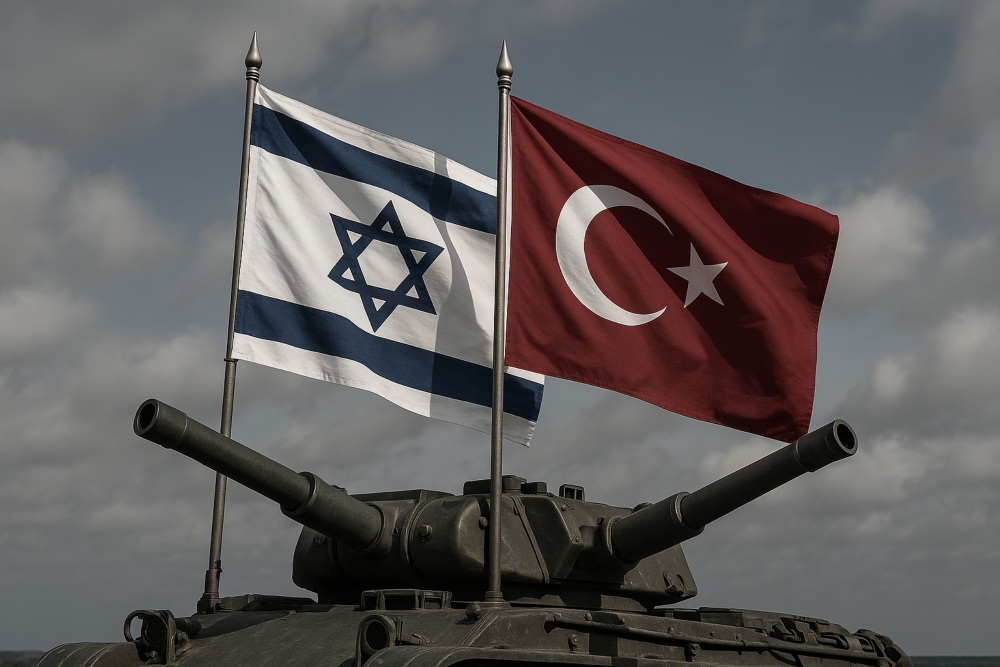
Initial talks between Israel and Turkey on deconfliction in Syria failed to produce results. Turkish hostility remains high, and Ankara appears committed to establishing a permanent military foothold in Syrian territory, despite Israeli warnings.
Israel has drawn red lines for Turkish entrenchment in central and southern Syria, while targeting Syrian airbases reportedly slated for Turkish drone and air defense deployments. However, Israel wishes to avoid a direct clash with Turkey. What are Jerusalem’s options?
The first and most conventional path is to exert diplomatic pressure on Turkey through allies, primarily the US. This is a low-risk method of signaling opposition to Turkish activity, but its effectiveness is in question.
So far, Washington and Europe have been hesitant to confront Ankara on its Syria strategy. However, this path has not been fully explored.
A more aggressive alternative is covert action. Israeli Special Forces or cyber units could target Turkish assets in ways that allow for plausible deniability. This would give Turkey the option of de-escalating by ignoring or downplaying the attacks.
Still, the risk of Turkish retaliation persists, particularly if Ankara views such operations as crossing a red line.
A third option focuses on striking at Turkey’s allies in Syria rather than Turkish forces directly. Israel has already threatened to attack the new regime, which serves as the centerpiece of Turkish influence in Syria.
Targeting Al-Jolani’s government and forces would undermine Turkey’s strategy without sparking a direct clash, as long as Ankara chooses not to escalate. This, too, is uncertain.
While Turkey likely also wishes to avoid a dangerous conflict, its calculations may differ. Ankara aims to change the status quo and is willing to take military risks to achieve this, analyst Yonatan Adiri wrote on X. Turkey’s declared aim is to undermine Israel’s regional status, he added.
While Israel still retains the option of a direct attack on Turkish targets in Syria, deconfliction efforts will be prioritized for now. Despite deep mistrust, both sides seem to recognize the high cost of open conflict, and are still exploring ways to avoid it.


